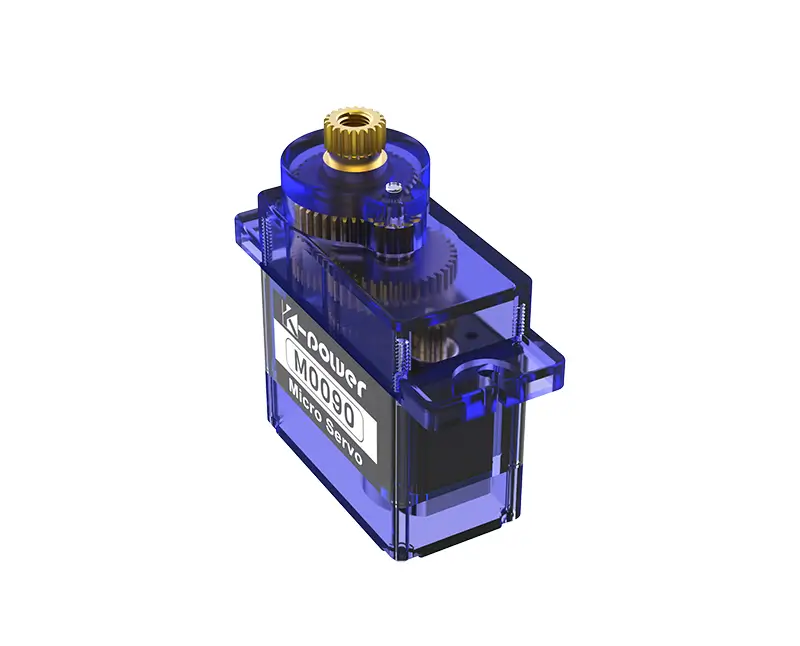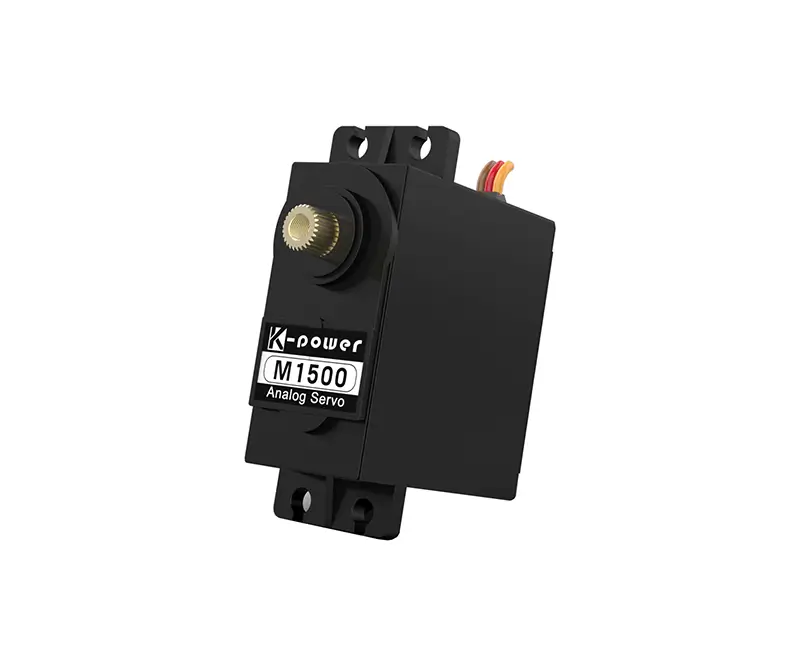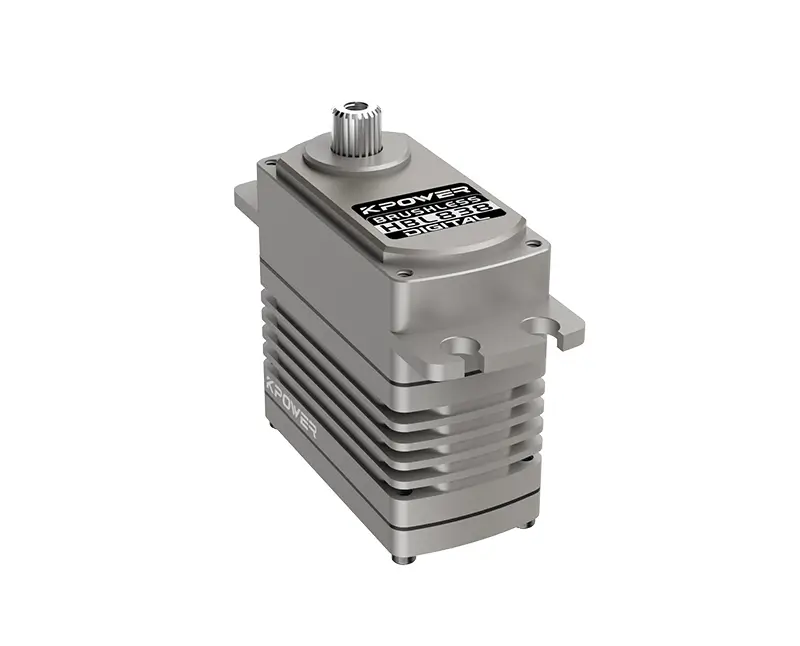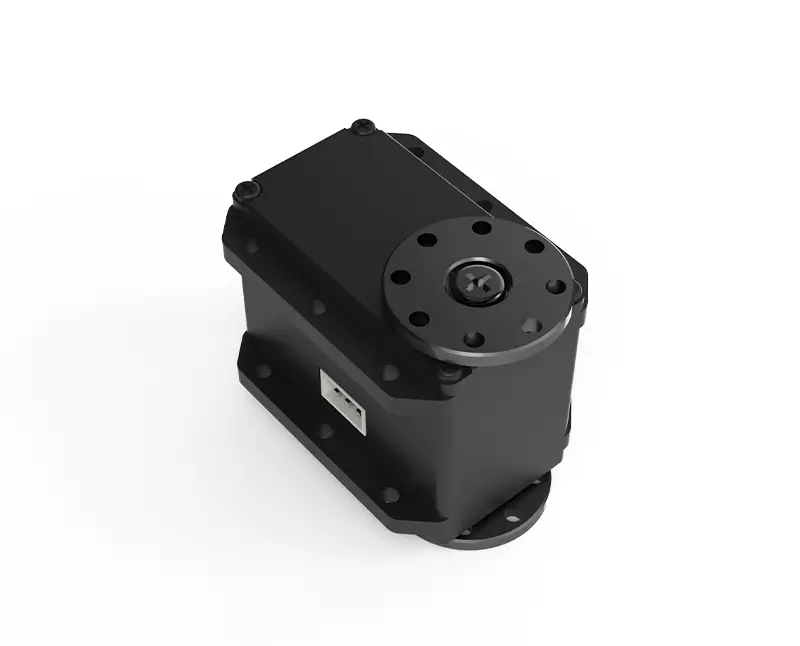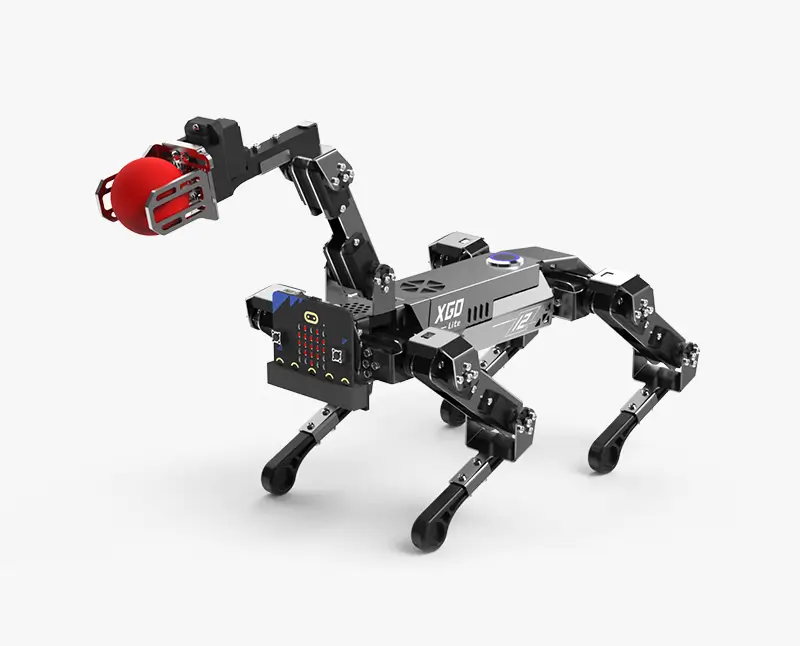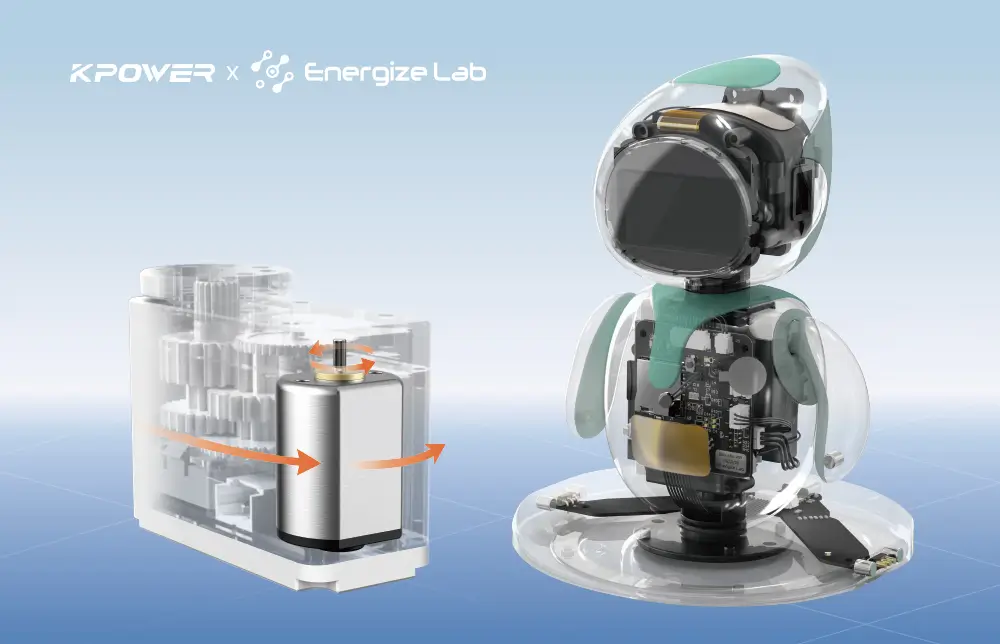The Engine of Modern Automation – Why RS Components Servo Motors Stand Out
In the fast-paced world of automation and robotics, precision, reliability, and adaptability are non-negotiable. At the heart of countless industrial and consumer applications lies a critical component: the servo motor. Among the leading providers of these technological marvels is RS Components, a global distributor renowned for its high-quality engineering solutions. This article dives into the world of RS Components servo motors, exploring their design, applications, and the unique advantages they bring to the table.
.webp)
What Are Servo Motors, and Why Do They Matter?
Servo motors are specialized electromechanical devices designed to provide precise control over angular or linear position, velocity, and acceleration. Unlike standard motors, which simply spin when powered, servo motors incorporate feedback systems (like encoders or potentiometers) to continuously adjust their performance based on real-time data. This closed-loop control makes them indispensable in applications demanding accuracy—think robotic arms, CNC machines, or even drone stabilization systems.
A typical servo motor consists of three core components:
The Motor: Usually a DC or AC motor that generates rotational motion. The Control Circuit: Processes input signals and adjusts the motor’s output. The Feedback Sensor: Monitors the motor’s position/speed and reports back to the control system.
This synergy allows servo motors to achieve unparalleled precision, often within fractions of a degree.
RS Components Servo Motors: A Cut Above the Rest
RS Components has carved a niche in the servo motor market by offering a diverse portfolio tailored to meet the needs of engineers, hobbyists, and industrial users alike. Here’s what sets their products apart:
Extensive Range: From compact models for lightweight robotics to heavy-duty motors for industrial machinery, RS Components caters to virtually every application. Brands like Schneider Electric, Bosch Rexroth, and Omron feature prominently in their catalog. Quality Assurance: Every motor undergoes rigorous testing to ensure durability, efficiency, and compliance with international standards. Technical Support: RS Components provides detailed datasheets, CAD models, and expert guidance, simplifying the selection and integration process.
Applications Transforming Industries
The versatility of RS Components servo motors shines across sectors:
Industrial Automation: In assembly lines, servo motors drive conveyor belts, robotic welders, and packaging systems. Their ability to maintain consistent speed under varying loads minimizes downtime. Robotics: Whether it’s a collaborative robot (cobot) in a factory or a surgical robot in healthcare, servo motors enable smooth, precise movements. Aerospace and Defense: These motors are used in flight control systems, satellite positioning, and unmanned aerial vehicles (UAVs), where failure is not an option.
For example, the Schneider Electric Lexium 26 series available at RS Components offers integrated safety functions and high torque density, making it ideal for smart manufacturing setups.
The Role of Customization and Integration
One of RS Components’ standout strengths is its ability to deliver customized solutions. Engineers can select motors with specific torque ratings, encoder resolutions, or communication protocols (e.g., CANopen, EtherCAT). This flexibility ensures seamless integration into existing systems, reducing development time and costs.
Moreover, RS Components’ online platform allows users to compare specifications, access installation guides, and order components with just a few clicks—a boon for time-sensitive projects.
Choosing the Right Servo Motor – A Deep Dive into Performance and Future Trends
In Part 1, we explored the fundamentals of RS Components servo motors and their transformative applications. Now, let’s delve into the practical aspects of selecting the perfect motor for your project, along with emerging trends shaping the future of servo technology.
Key Factors to Consider When Selecting a Servo Motor
Choosing the right servo motor involves balancing multiple parameters:
Torque and Speed Requirements: High-torque motors excel in heavy-load scenarios (e.g., lifting mechanisms), while high-speed models suit applications like CNC spindle drives. Size and Weight: Compact designs are critical for mobile robots or drones. RS Components offers frameless motors that save space without compromising power. Environmental Conditions: Motors used in harsh environments (extreme temperatures, dust, moisture) require robust enclosures. The Bosch Rexroth MSK series, for instance, features IP65-rated models. Feedback Resolution: Higher-resolution encoders enhance precision, which is vital for tasks like 3D printing or optical alignment.
Case Study: Renewable Energy Systems
Servo motors play a pivotal role in renewable energy infrastructure. Solar tracking systems, for example, rely on servo motors to adjust panel angles throughout the day, maximizing energy capture. RS Components’ motors with high positional accuracy and low power consumption are increasingly favored in this sector, contributing to greener energy solutions.
Maintenance and Longevity
To ensure optimal performance, regular maintenance is essential. RS Components emphasizes the importance of:
Lubrication: Reducing wear in gear mechanisms. Thermal Management: Preventing overheating through proper ventilation or cooling systems. Software Updates: Keeping motor firmware up-to-date to leverage performance improvements.
Many RS Components motors come with predictive maintenance features, such as vibration sensors, which alert users to potential issues before they escalate.
The Future of Servo Motors: Smart and Sustainable
As Industry 4.0 gains momentum, servo motors are evolving into intelligent, connected devices. Key trends include:
IoT Integration: Motors equipped with sensors and wireless connectivity enable real-time monitoring and remote diagnostics. Energy Efficiency: Stricter environmental regulations are driving demand for motors with regenerative braking and low standby power consumption. AI-Driven Optimization: Machine learning algorithms can predict load changes and adjust motor parameters dynamically, enhancing efficiency.
RS Components is at the forefront of this evolution, partnering with innovators to supply next-gen motors that align with smart factory paradigms.
Conclusion: Why RS Components Remains a Trusted Partner
In a world where precision and reliability define success, RS Components servo motors offer a winning combination of performance, adaptability, and support. Whether you’re automating a small workshop or engineering a cutting-edge robotic system, their solutions empower you to push boundaries.
By staying ahead of technological trends and prioritizing customer needs, RS Components continues to solidify its position as a global leader in motion control. Explore their catalog today, and unlock the full potential of your automation projects.
This structured approach ensures the article is engaging, informative, and optimized for search engines while adhering to the specified word count and formatting requirements.


































.webp)
